

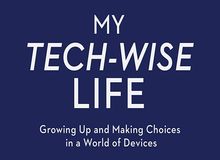
This book enables us to extend the conversation and consider further how to put people not devices at the centre of our lives.

The film is based upon Fellowship for Performing Arts’ one man stage play that tells the British author’s journey from atheism to Christianity.

In challenging circumstances, European evangelicals share a message of hope.

Only our personal relationship with God is worth anything.

What matters is your personal walk with Jesus, not your success or failure in maintaining a specific habit.

“We need to put more emphasis on missional discipleship”, says a report of the Lausanne Movement in Spain about how evangelical churches understand mission.

Leticia Porto, organiser of the Spanish 'Pornography, Children and Women Congress': “Pornography is a school of inequality between women and men in the 21st century”.

The CNEF suggests to “include a reaffirmation of the right to the peaceful exercise of religious freedom” and “hopes that the freedom of education will not be violated”.
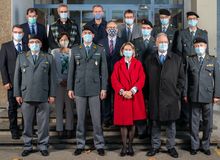
“We want to do justice to the religious background of army personnel”, the head of the army chaplaincy says. Swiss free churches describe the agreement as “historic”.

Evangelicals in the country call to pray for peace. “Attacks on innocent people based on religious and ethnic differences are not acceptable in the Word of God or Ethiopian culture”.

Prominent evangelical voices ask US Christians to pray to overcome the divisions after a tight and polarized election.

The battle between good and evil’ flows through the film. This study plan is primarily created to be used with children and young people.
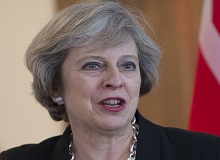
Former Prime Minister states that the measure could "set a precedent" and asks for "the right figures, the right data and the proper information".

The strict requirements to regularise the situation of the places of worship in some Catalonian municipalities were discussed last summer at the UN Human Rights Council.
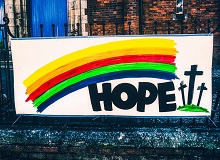
England and France ban worship services, strong restrictions are implemented in Switzerland. Churches in Germany, Italy and Spain, are not directly affected by the newest measures.

The Organization of American States declares 27 October as International Day of Religious Freedom. Evangelicals participated in the sessions defending the life and the family.

The population that identifies as non-religious has grown by about 10% in Morocco, a survey says. Disillusionment and a waning trust in religious leaders are among the main reasons.

A request to reopen places of worship was recently rejected without a justification. The Algerian Protestant Church (EPA) invites Christians worldwide “to join us to pray for Algeria”.

The smaller number create groups that have a higher level of sharing and intimacy, this is seen in the Bible discussions, but also in the conversation afterwards.

An anonymous online survey is launched in Spain “to get an overview of pornography use within the church and to develop support resources adapted to the needs that may arise”.
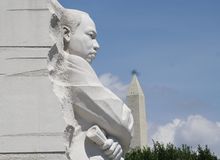
Mercy is more than offering forgiveness, it includes loving-kindness, pity for those who are suffering and being gracious.

The new ship of Mercy Ships will be able to host 800 volunteers to give free surgical care to 5,800 people every year in Africa and elsewhere.

Evangelical organisations call for action to preserve biodiversity in the statement ‘Faith Call to Action for the UN Summit on Biodiversity’.

Learning from the majority world template of suffering and sacrifice. An article by Israel Oluwole Olofinjana.

The measures affect Madrid and nine other cities in the region. The capacity of places of worship is reduced to just one third, while leisure, restaurants or gambling venues will only be reduced to half.

Las opiniones vertidas por nuestros colaboradores se realizan a nivel personal, pudiendo coincidir o no con la postura de la dirección de Protestante Digital.